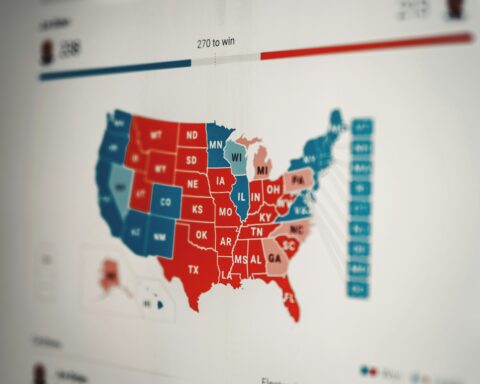In the contemporary world, the symbiotic relationship between religion and politics continues to shape global affairs. The dynamics of this intersection reflect in international relations, governance, conflict resolution, and even in the response to global challenges. This article delves into the nuanced interactions between religious beliefs, political ideologies, and their collective impact on the global stage.
- Religious Influence on Political Landscape: Religious institutions and actors have increasingly gained political traction worldwide, wielding religious arguments to justify their activities. This influence extends to a myriad of global events, from fueling terrorism to fostering altruistic responses to humanitarian crises.
- Religion in Global Governance: The involvement of religion in global governance has surged, reflecting in national policies of countries like the United States, Russia, Indonesia, and India, as well as in global institutions like the United Nations and regional organizations like ASEAN. Religious considerations now encompass a spectrum of global issues including climate change, poverty, inequality, and more.
- Conflict Resolution and Peacebuilding: Religious institutions play pivotal roles in conflict resolution and peacebuilding. The continuous effort to build peace often involves religious leaders and communities, underscoring their significance in addressing global conflicts and promoting social cohesion.
- Religion in Fragile States: In fragile states prone to conflict and governance issues, religion often emerges as a critical factor. Religious beliefs and institutions contribute to conflict prevention and the building of resilient societies, showcasing the nuanced role of religion in political stability and state fragility.
- Nationalism and State-Religion Interactions: The interface between religion and nation-states influences critical issues ranging from national governance to international relations. The relationship between religion and nationalism, albeit less explored, is crucial for understanding the broader context of state-religion interactions.
- Religion in International Relations and Diplomacy: Over recent decades, the relevance of religion in international relations, diplomacy, and development has escalated, reshaping the narrative of global politics and diplomatic engagements.
- Religious Soft Power in Geopolitics: The concept of religious soft power, where countries leverage religious propagation in foreign policy pursuits, epitomizes the geopolitical significance of religion. Projects like “The Geopolitics of Religious Soft Power” shed light on how several Middle Eastern countries have utilized religion as a form of soft power to achieve foreign policy objectives.
- Transnational Religious Networks: Transnational networks like the Transatlantic Policy Network on Religion & Diplomacy provide a platform for diplomats and religious groups to engage, highlighting the growing importance of transnational religious networks in global diplomacy and policy-making.
Conclusion: The intricate interplay between religion and politics in global affairs underscores a multifaceted narrative that transcends geographical and cultural boundaries. The diverse ways in which religious beliefs and political ideologies intertwine contribute to the complex tapestry of global governance, conflict resolution, and international diplomacy. This intersection presents both challenges and opportunities, beckoning a nuanced understanding and engagement to foster a more inclusive and harmonized global political landscape.








